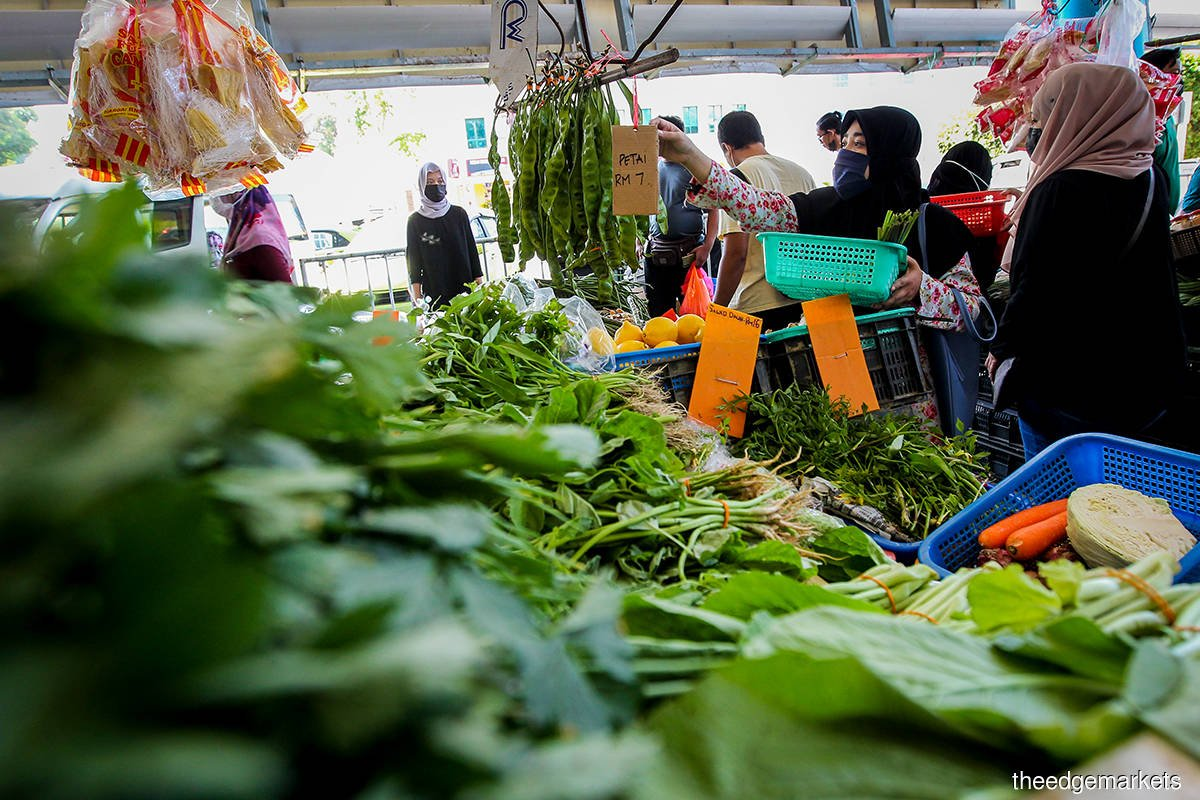Global food shock will last years, says S&P Global
 Rising food prices and diminishing supplies as a result of the Russia-Ukraine war will likely last through 2024.
Rising food prices and diminishing supplies as a result of the Russia-Ukraine war will likely last through 2024.
由于俄罗斯与乌克兰的战争,食品价格上涨和供应减少可能会持续到 2024 年。
In a report titled “The Global Food Shock Will Last Years, Not Months" released on 2nd June, S&P Global Ratings said fertiliser shortages, and export controls, disrupted global trade, and escalating fuel and transport costs will all exert upward pressure on the cost of staples.
标普全球评级在6 月 2 日发布的题为“全球粮食冲击将持续数年,而不是数月”的报告中表示,化肥短缺、出口管制、全球贸易中断以及燃料和运输成本不断上涨都将带来上行压力关于订书钉的成本。
S&P Global credit analyst Samuel Tilleray said the analysis shows low and low- to middle-income countries in Central Asia, the Middle East, Africa, and the Caucasus could be worst hit by the first-round impact.
标准普尔全球信贷分析师塞缪尔·蒂勒雷(Samuel Tilleray)表示,分析显示中亚、中东、非洲和高加索地区的低收入和中低收入国家可能受到第一轮影响的最严重打击。
The report has examined which rated sovereigns are the largest cumulative importers, relative to their own GDP, of the key grain and seed-oil items most significantly affected by the conflict.
该报告研究了受冲突影响最严重的主要粮食和种子油项目,相对于其国内生产总值而言,哪些评级主权是最大的累积进口国。
S&P Global said the Caucasus nations Tajikistan, Uzbekistan, and Armenia look particularly exposed through their almost complete reliance on Russia for these key food commodities, should sanctions or self-sanctioning complicate trade.
标准普尔全球表示,如果制裁或自我制裁使贸易复杂化,高加索国家塔吉克斯坦、乌兹别克斯坦和亚美尼亚在这些关键食品商品上几乎完全依赖俄罗斯,看起来尤其容易受到影响。
Similarly, it said the Arab states Morocco, Lebanon, Egypt, and Jordan each rely non-trivially on Ukraine for their food supply and are therefore susceptible to war-induced disruption to ports and processing activities.
同样,它说阿拉伯国家摩洛哥、黎巴嫩、埃及和约旦都非常依赖乌克兰的粮食供应,因此容易受到战争导致港口和加工活动中断的影响。
Tilleray said the shock to food supply will have negative implications for emerging market countries, affecting GDP growth, fiscal performance, and social stability.
Tilleray表示,食品供应的冲击将对新兴市场国家产生负面影响,影响 GDP 增长、财政表现和社会稳定。
"Although many of the sovereigns most exposed to this risk already have very low credit ratings, the negative economic or political fallout of the food shock could contribute to rating downgrades,” he said.
“尽管许多面临这种风险的主权国家已经拥有非常低的信用评级,但粮食冲击的负面经济或政治影响可能会导致评级下调,”他说。
S&P Global said the potential impact on sovereign credit ratings will depend, among other things, upon the extent and severity of the food shock, the ability of governments to minimise the social and economic costs, and international efforts to help the affected countries.
标准普尔全球表示,对主权信用评级的潜在影响将取决于粮食冲击的程度和严重程度、政府将社会和经济成本降至最低的能力,以及帮助受影响国家的国际努力。
It said Ukraine and Russia, both or individually, rank among the top three global exporters of wheat, maize, rapeseed, sunflower seeds, and sunflower oil.
报告称,乌克兰和俄罗斯均或单独跻身小麦、玉米、油菜籽、葵花籽和葵花油全球前三大出口国之列。
Together, they account for 12% of all food calories traded. Russia and Belarus were the first- and sixth-largest exporters of fertilisers globally in 2020.
它们加起来占所有食物卡路里交易量的 12%。俄罗斯和白俄罗斯是 2020 年全球第一和第六大化肥出口国。
